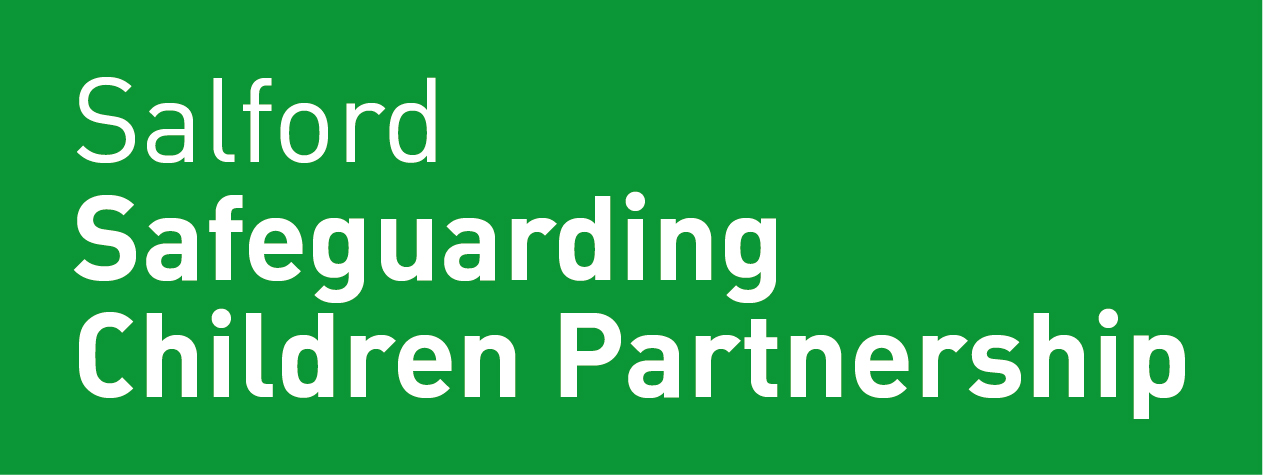Bullying
Bullying can happen to anyone at any age. Being bullied at school, home or online might involve someone pushing you, hitting you, teasing you, talking about you or calling you names.
What is bullying?
Bullying can mean many different things. Bullying can be described as:
- being called names
- being teased
- being pushed or pulled about
- having money and other possessions taken or messed about with
- having rumours spread about you
- being ignored and left out
- being hit, kicked or physically hurt in any way
- being threatened or intimidated
Bullying can also be part of other forms of abuse, including neglect, emotional, physical andsexual abuse.
Different kinds of bullying
- Homophobic - Bullying someone because they are a different sexual orientation from you. Saying that someone is 'gay' or using words like 'gay' as an insult.
- Racist - Treating people differently because of their race, the colour of their skin, where they are from or what they believe in and using offensive words that describe race to bully people.
- Sexist - Treating people differently based on whether they are female or male. For example, thinking that boys are better than girls.
- Disabilist - Treating someone differently if they are disabled, or using offensive language to describe people who are disabled and using this to bully people.
- Lookist - Bullying someone because they look different such as if they have ginger hair or wear glasses.
- Classist - Deciding that someone is from a particular social class - usually if they are seen as being rich or poor - and bullying them because of this. For example, calling somebody a, 'chav' or, 'snob'.
If you are being bullied
- If you are being bullied, it is important to tell someone. You can talk to your parents/carer, teacher, friend or anyone who you trust.
- If you can, write down everything the bullies have done or have said to you, and try to write down how you feel. When you have found someone you can trust and who is helpful, discuss what you have written with that person. Be very careful to only write down things which really happen.
Sometimes bullying stops quickly but doing nothing means it may continue until someone is seriously upset or hurt. That could be you, or the bullies may find new people to bully. If their behaviour is not challenged they are unlikely to stop.
What not to do
- Don't try to deal with the problem on your own- there is nothing wrong in asking for help.
- Don't hit the bullies - you might end up being accused of bullying yourself.
- Always tell the truth about what has happened. If a small part of what you are saying is shown to be untrue then it throws everything else into doubt.
- Don't believe the lies that the bullies tell about you.
- Don't hide what is happening from the adults you trust. Keeping things secret is the bullies' biggest weapon against you.
Remember - Don't suffer in silence, no one will mind you asking for help.
You can get advice on bullying without having to give your name by ringing Childline free on 0800 1111. The call won't even show up on your phone bill.
If you're 18 or over call the NSPCC helpline on 0808 800 5000.
Visit the ChildLine website for further support and advice.
Latest news
Details of all the latest news from the Salford Safeguarding Children Partnership.

